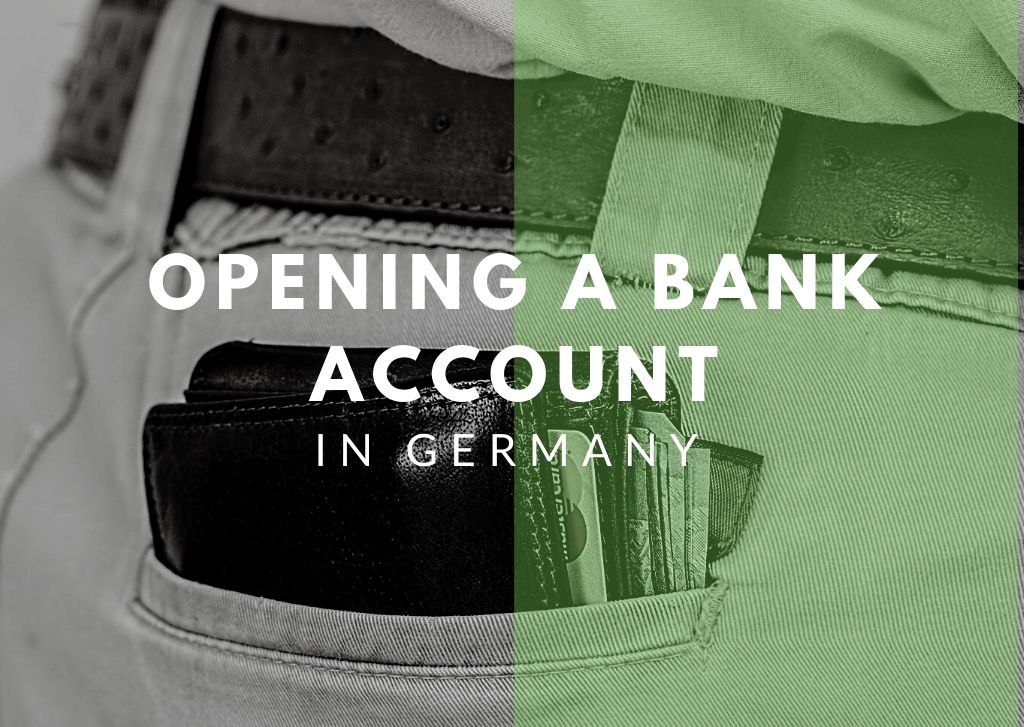Opening a bank account in Germany is usually a very tough experience due to the regulation constraints from identification to actually getting a card here.
Currently in Germany you have two types of banks
- The old school and very classical type of banks
- The neo banks – fully digital with a lot of quicks and features.
I will tackle both of these type of banks in detail so you understand the positive and negative effects of both.
For both cases, all the banks in Germany charge a whole lot of fees. If you are coming from a country where banks are almost free for the end users – then prepare for trouble! The German financial system is fairly old, standardized, and spread properly around. As such, fees are accepted – even though not liked by anyone.
The classical German banks
When I talk about classical banks, you have to think about the old school brick and mortar banks. The ones that for everything that you need to do you have to go and visit the branch. They have the tendency to move slow, rarely provide a full online banking experience, and actually come with a long and detailed fee list.
Some of the key banks to think here are:
- Deutsche Bank
- Postbank
- Sparkasse
- Commerzbank
Obviously, depending on the region that you live in, there are a lot of regional banks with a specific target group. All of these banks though have the tendency to be fairly classic on the approach.
There is a tendency for full digitalization, but as their systems are old and monolithic, it’s going to take a couple of years to get to the full flexibility of the modern banks.
If you are the type of person that uses a whole lot of cash, these are the banks for you. They have ATM’s all around and withdrawing is free.
The digital german bank accounts
As a German resident, you can open countless digital bank accounts in germany from some of the best neobanks around. The process is usually digitalized and you can do almost everything from your smartphone. The services here differ from one institution to another but having said that two are the most important parts: You should open a full bank account and NOT an e-money account and you should be getting a debit card and NOT a pre-paid card.
Bank account VS e-money account: A full bank account offers banking regulation insurance, onto which by law, your money is protected up to 100,000 euros. Alternatively with an e-money account you are not protected, at all.
Debit card VS prepaid card: Whilst on a daily usage they are the same – the debit card takes the funds from a regulated account whereas the prepaid is pre-filled with money. Safety is a concern usually as money are moved from your account immediately as opposed to being “reserved”.
The key digital banks are:
All of these banks offer a selection of accounts, cards, and a fairly modern approach towards money usage. They have a free tier or even a very inexpensive monthly fee. They have specific limitations that you should be aware of as well.
The key issue with these banks is that reaching them if there are any issues regarding it, can only be done via email and support is never the best in the world.
Also – most of these banks use providers for their banking services. This means most of the bigger problems that you may have, will go through the provider, so if something is up and time is of the essence then do not rely on these banks to provide a speedy response.
What german bank accounts should I open?
As always when it comes to money, do not put all your coins in one pocket – you should diversify. The safest bet would be using a classical bank AND a neo bank.
- Use the classical banks for their branch-full approach and limit the services that you get from them to the minimum, which in turn should also lower the fees to the minimum.
- Use the neo banks for most of your services – especially related to payments.
On some cases, depending on your nationality, digital banks will not be able to provide you any services as the national id that you will have is not BaFIN compliant (BaFIN is the German Federal Financial Supervisory Authority). In this case, you could potentially open a bank account from providers that are not based in Germany, but their are only passported here. From the list above these are:
Alternatively some banks offer a manual formal identification process that differ from case to case.
How to open an account?
- As a general rule, to open a bank account in Germany, you will need your proof of residence (visa or residence permit) and proof of address.
- The classical banks usually require an appointment (termin) before you go there and open an account. Some classical banks also ask for a reason why you are in Germany, depending on their internal risk rules.
- The digital banks only require proof of residence and a phone number. As the opening of the account is done digitally, they need to formally identify you – and in most cases, they use a video identification process with external providers. For some specific nationalities, you will not be able to perform a video identification. The bank should provide you an alternative. Research this beforehand.


Leave a Reply